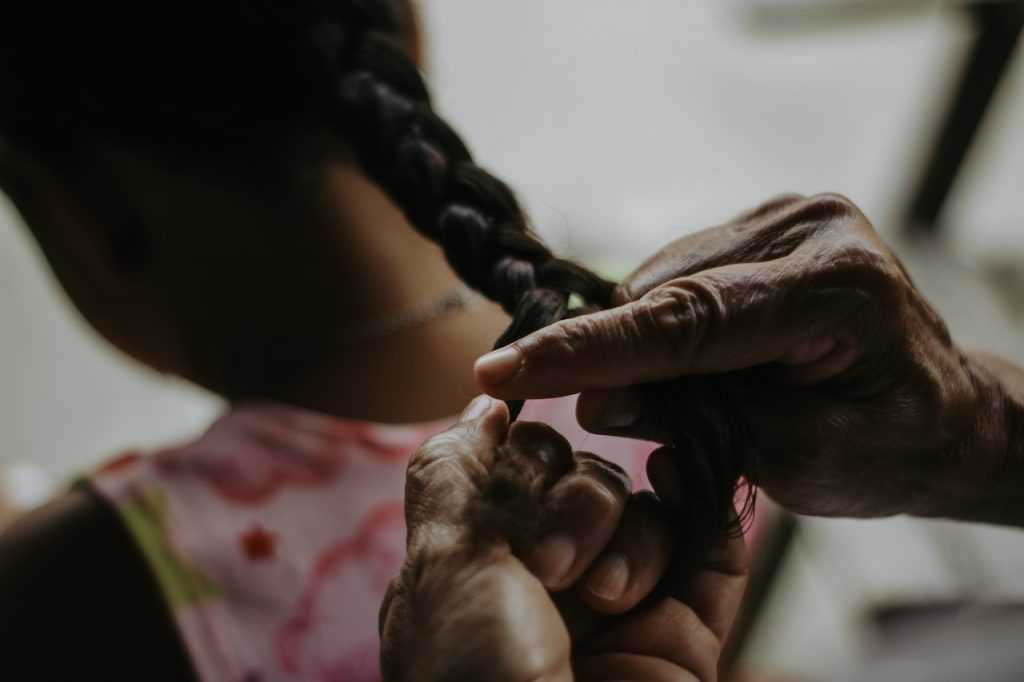Hair has always been a crucial element in human culture, with its importance extending far beyond just being a fashion statement. Throughout history, hair has played an important role in identity and self-expression while also reflecting societal norms and values. Hair is one of the most prominent ways that humans can showcase who they are or how they want to be perceived by others. As such, it is no surprise that losing one’s hair can cause significant distress for both men and women as they feel self-conscious about their appearance.

The Significance of Hair Throughout History
Hair has always been a crucial element in human culture, with its importance extending beyond just being a fashion statement. This can be seen as far back as Ancient Egypt when elaborate hairstyles were used to showcase wealth and status. Even today, in African cultures, braids are still worn to indicate marital status and age. Furthermore, in Medieval Europe, the neatness of one’s hair was seen as a sign of cleanliness and morality – the longer and fuller an individual’s hair was, the more attractive they were perceived to be.
In addition, it is argued that during these times, the hair also acted as protection against personal harm or injury, with long hair being seen as a shield against weapons and attacks. This is especially true for men, who were not allowed to keep their heads covered in battle, relying instead on their hair to protect them from harm.
Hair as a Reflection of Social Norms and Values
Throughout history, hair has also been used to reflect societal norms and values. In Ancient Greece, hairstyles signified obedience to the gods, while during the Renaissance period, wigs were used to demonstrate one’s commitment to religious values. From the 18th century onwards, women wore their hair down to display their femininity and beauty. Recently, people have used creative cuts and colors that reflect an individual’s personality or lifestyle.
Using Hairstyles to Convey Messages
People have also used their hairstyles to convey messages about who they are or how they want to be perceived by others. In the 19th century, when women began fighting for equal rights, many adopted a “bob” hairstyle to demonstrate their liberation and independence from traditional gender roles. Similarly, during the 1960s hippie movement, people embraced longer hair to represent their counterculture views on peace and love. Over time, different hairstyles have been used to express one’s political beliefs and social values.
The Impact of Hair Loss on Self-Expression
Unsurprisingly, losing one’s hair can cause significant distress for both men and women as they feel self-conscious about their appearance. Hair loss can affect an individual’s confidence and sense of identity, making it difficult to express themselves through hairstyles. It is estimated that approximately 40% of people who suffer from hair loss experience some form of psychological distress, including depression, anxiety, and low self-esteem. There are various reasons a person may experience hair loss, such as genetics or medical conditions; however, the effects can be just as devastating regardless of the cause.
The Role of Hair in Identity Formation
Hair plays a vital role in identity formation, allowing us to express ourselves in ways that go beyond simply altering our physical appearance. It is a form of self-expression that will enable us to conform or challenge social norms while also allowing us to feel more confident in ourselves and our place in the world. Through hairstyling, we can communicate our individuality, values, and beliefs.
The Psychological Effects of Hair Loss
Hair loss can be psychologically damaging for those affected by it, leading to feelings of shame and insecurity about their appearance. For example, some people feel they have lost a part of their identity or femininity if they experience hair loss. As such, it is crucial to seek out a professional who specializes in hair, for example, how to fix flat hair due to medical conditions or any other factors, so that individuals can once again feel confident about their appearance.
The Cultural Importance of Hair Today
Despite the technological advances of modern times, hair continues to be a source of social, psychological, and cultural meaning. It is used as an expression of freedom and creativity and a means for people to feel comfortable in their skin. Hair styling allows us to express our personalities uniquely beyond simple aesthetics. As such, it is essential to recognize and appreciate the power of hairstyling to make us feel confident about ourselves and how others perceive us.
Hair holds a great deal of importance in society. It has been used throughout history as a way for people to express themselves and as a signifier of their values, beliefs, and identities. Ultimately, our hair is an integral part of who we are and how we present ourselves to the world, making it essential to maintain healthy locks that represent us authentically.